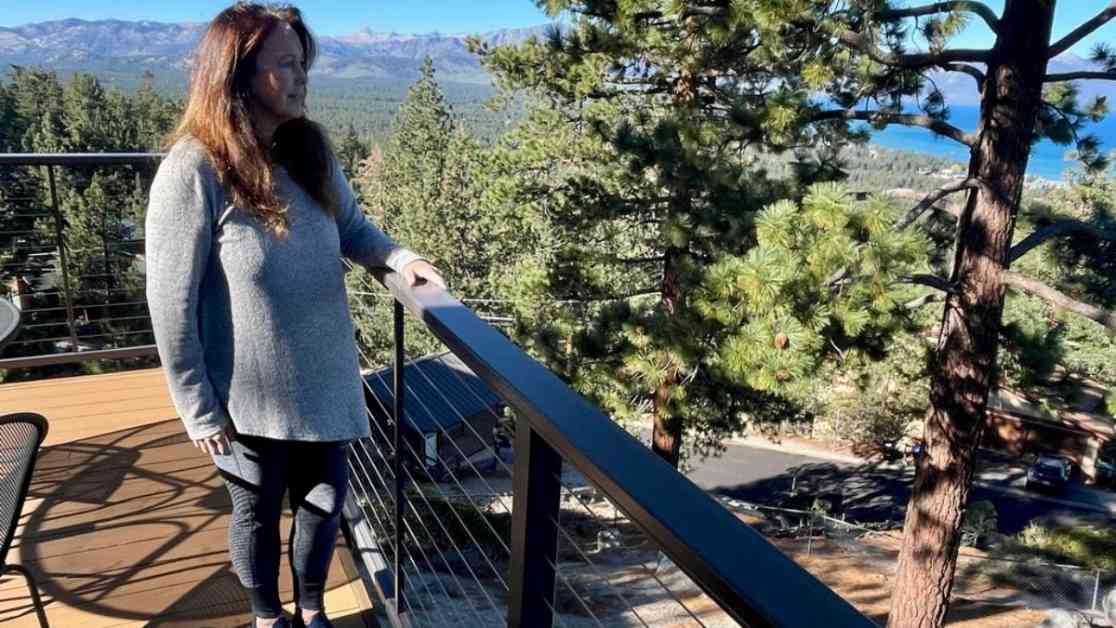California’s South Lake Tahoe is considering a new measure that could significantly impact owners of vacation homes in the area. If Measure N is approved on the upcoming ballot, owners of vacant homes could face a flat $3,000 tax if their property remains empty for 182 days within a calendar year. This tax would increase to $6,000 for each subsequent year that the home remains vacant for half the year.
The issue of vacant vacation homes has sparked a debate in South Lake Tahoe, with critics arguing that these properties contribute to the housing crisis by reducing the availability of affordable rental units. With 44% of the city’s estimated housing units sitting empty, there is a pressing need for action to address the shortage of affordable housing options.
Supporters of Measure N believe that imposing a tax on vacant homes will encourage homeowners to either rent out their properties to workers or contribute to a fund for housing, roads, and transportation projects. They argue that the city is losing families as businesses struggle to find staff in a region where land for housing development is limited.
While some residents like Kelly Bessem, who works multiple jobs and is currently sleeping in her car to afford a home, support the measure, others like Nancy Dunn, who views it as an infringement on property rights, oppose it. The debate over Measure N has divided the community, with various stakeholders voicing their opinions on the potential impact of the proposed tax.
Empty homes taxes are not unique to South Lake Tahoe, as other cities in the United States are also considering similar measures to address housing shortages. From Honolulu to Vancouver, vacant home taxes have been implemented to encourage property owners to either rent out their homes or contribute to affordable housing initiatives.
In South Lake Tahoe, the proposed tax is modeled after Berkeley’s empty homes tax and aims to generate revenue for affordable housing projects. The city estimates that the tax could raise up to $8 million in its first year and up to $20 million annually thereafter.
As the community grapples with the implications of Measure N, property owners are weighing their options, which include selling their homes, leasing to tenants year-round, or renting to seasonal travelers or workers. However, some opponents of the measure argue that they should not be penalized for owning second homes, especially if they are modest properties that were purchased with hard-earned savings.
Overall, the debate over Measure N highlights the complex interplay between affordable housing, property rights, and economic development in South Lake Tahoe. As the community prepares to vote on this measure, the outcome could have far-reaching implications for the future of housing in the region.














